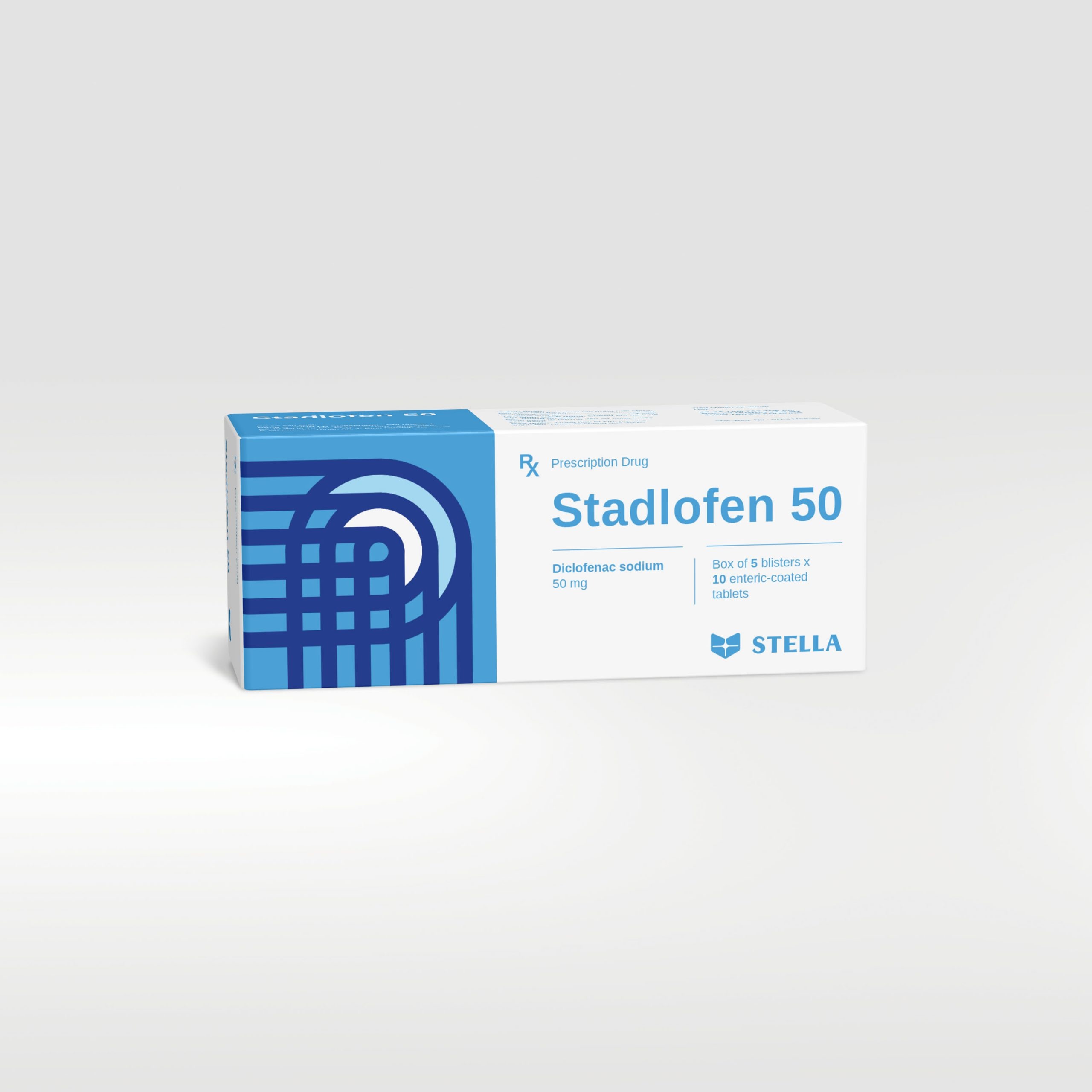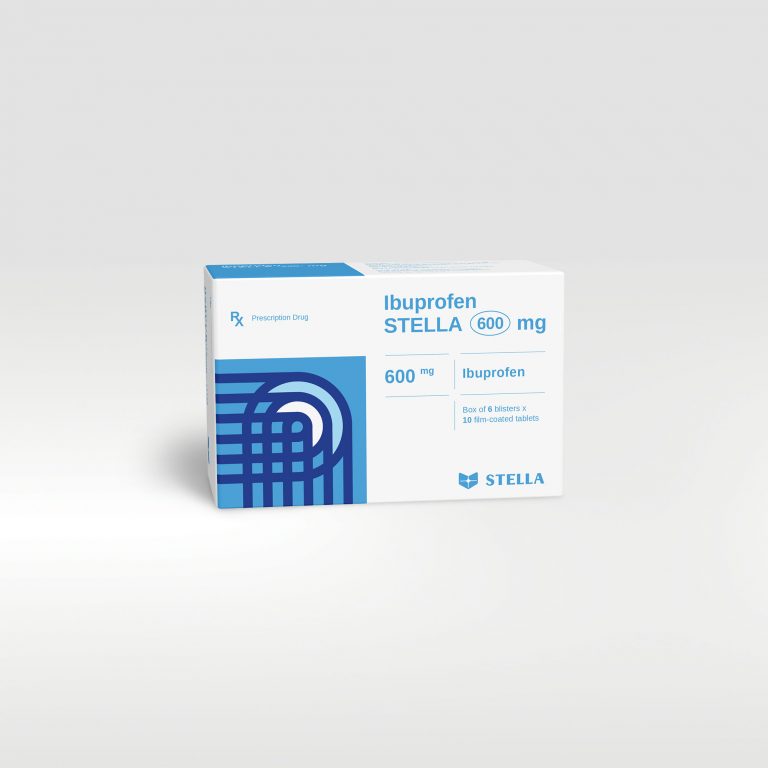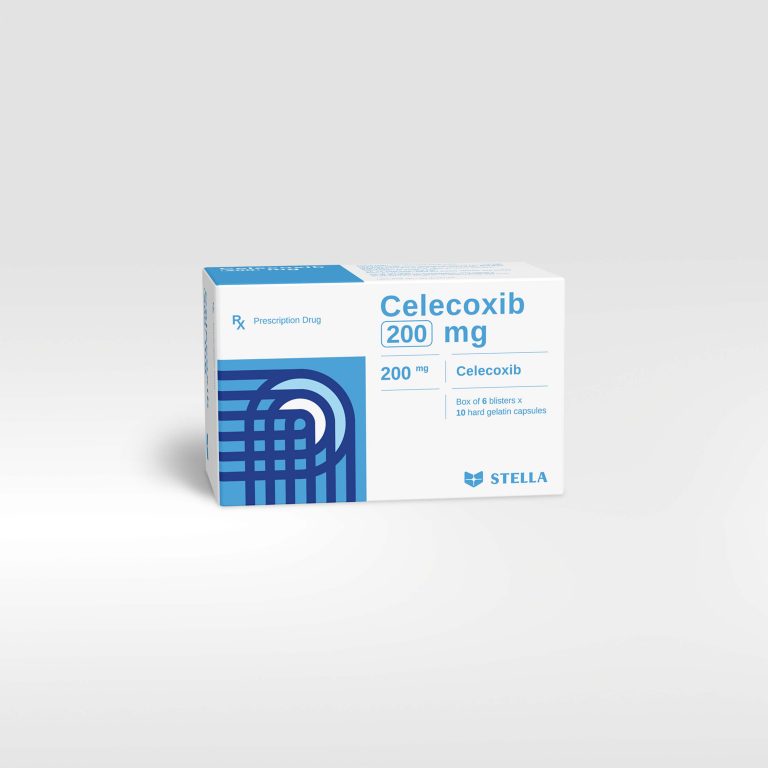Indications
Adults and elderly:
Relief of all grades of pain and inflammation in a wide range of conditions, including:
- Arthritic conditions: Rheumatoid arthritis, osteoarthritis, ankylosing spondylitis, acute gout.
- Acute musculoskeletal disorders such as periarthritis (for example frozen shoulder), tendinitis, tenosynovitis.
- Other painful conditions resulting from trauma, including fracture, low back pain, sprains, strains, dislocations, orthopaedic, dental and other minor surgery.
Children
Diclofenac sodium are not suitable for children
Dosage
75 – 150 mg daily in two or three divided doses.
The recommended maximum daily dose of diclofenac sodium is 150 mg.
- Osteoarthritis: 100 – 150 mg daily orally, in divided doses (50 mg, 2 – 3 times daily or 75 mg twice daily). For long-term treatment osteoarthritis: 100 mg daily, higher doses are not recommended. This drug should be taken at bedtime if the patient has more pain at night.
- Rheumatoid arthritis: 75 – 150 mg daily, divided in 2 – 3 times daily. Long-term treatment of rheumatoid arthritis: The recommended dose is 100 mg daily and may increase to 150 mg in two divided doses, if necessary.
- Ankylosing spondylitis: 100 – 125 mg daily, orally, in divided doses (25 mg, 4 times daily, plus an extra 25 mg at bedtime if needed).
For doses not practicable with this strength, other strengths of this medicinal product are available.
Special populations
- Elderly: The recommended that the lowest effective dosage be used in frail elderly patients or those with a low body weight and the patient should be monitored for GI bleeding during NSAID therapy.
- Renal and hepatic impairment: No specific dose adjustment recommendations can be made.
- Paediatric population: Diclofenac sodium are not suitable for children.
Usage
Stadlofen 50 is administered orally. To be taken whole with liquid, preferably with or after food.













